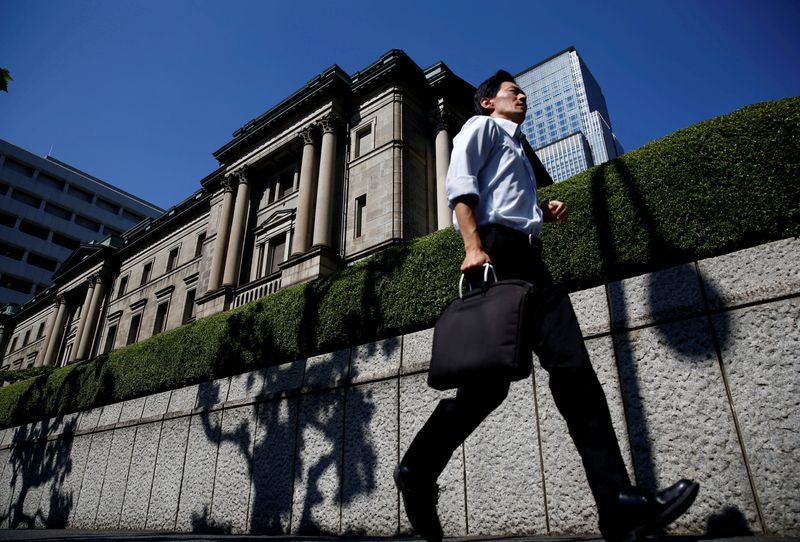Yamaguchi may head central bank of Japan
2022.12.29 01:30

Yamaguchi may head central bank of Japan
Budrigannews.com – The Sankei newspaper reported on Thursday that Hirohide Yamaguchi, a vocal critic of Governor Haruhiko Kuroda’s stimulus program, is emerging as a strong candidate to become the next head of the Bank of Japan.
The paper stated, without citing sources, that the choice would reflect Prime Minister Fumio Kishida’s increasingly obvious shift away from former premier Shinzo Abe’s inflationary “Abenomics” policies, which acted as a foundation for Kuroda’s stimulus.
Compared to former deputy Hiroshi Nakaso and deputy governor Masayoshi Amamiya, Yamaguchi was thought to be a less likely candidate. Amamiya and Nakaso, both of whom served under Kuroda, have long been regarded as front-runners for the position of governor when Kuroda’s second five-year term comes to an end in April.
However, the Sankei stated that Yamaguchi is gaining more attention as a strong candidate as Kishida’s administration moves away from Abenomics, and that Kishida’s choice for the new BOJ governor will become clear as early as next month.
Yamaguchi, a career central banker with extensive monetary policy writing experience, held the position of deputy governor for five years until 2013. He was governor under Masaaki Shirakawa, who was criticized by Abe and Kuroda for being too cautious when it came to taking drastic measures to pull Japan out of deflation.
Yamaguchi has criticized Kuroda’s stimulus for relying too much on the idea that central banks can influence public perception through monetary policy since he left the BOJ. He has also warned of the rising cost of prolonged easing.
If the economy is able to withstand risks, Yamaguchi stated in an interview with Reuters this month that the BOJ must make its monetary policy framework more flexible and be prepared to raise its long-term interest rate target next year.
More Service sector in China is recovering after COVID restrictions
This month, the Bank of Japan (BOJ) surprised the market by making a sudden change to its bond yield control that lets long-term interest rates rise more. The move was made to reduce some of the costs of prolonged monetary stimulus.
Many market participants are pricing in the possibility of a further withdrawal of stimulus when Kuroda’s successor takes over next year, even though Kuroda has ruled out the possibility of a near-term rate hike.








